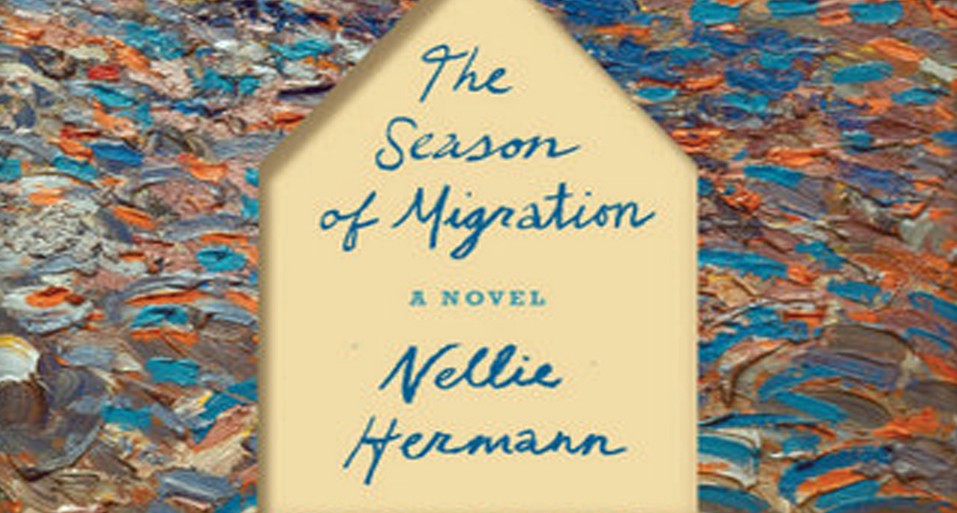Books & Culture
REVIEW: The Season of Migration by Nellie Hermann

Nellie Hermann’s The Season of Migration takes as its subject, the early life of Vincent van Gogh, a historical figure who — as are perhaps all figures of his historical caliber — is a genre in and of itself. Rather than focusing on well-trodden imagery surrounding the painter’s life — the depression, the mutilation, and the work — Hermann departs from the layman’s conventional wisdom of van Gogh and details a year-long deviation from his artistic study that, if we’re to take Hermann at her word in the novel’s back matter, takes its cue from historical circumstance.
There’s a lack of ingenuity to examining The Season of Migration as a novel of Vincent van Gogh, as its setting — an 1870s-era Belgian mining camp — and the language used in the description thereof overwhelms the reader more than any other of the images one might expect in a novel of a figure who looms so large. The novel’s central drama and movement concerns a young, despondent van Gogh, then a nominally-trained clergyman, who travels to a remote mining community, witnesses first-hand some of the laborer’s horrific conditions (“Man is made in the image of God… which is also the image of grief, of terror, and of fire”) and, just as disastrously, attempts a recovery from heartbreak (“His longing was his constant companion; it was the heat in his heart all day long, from the first light of the sun until long after dark. His longing was London, his longing made the whole landscape bright and precious…”). Spoiler alert: it doesn’t end well.
Van Gogh’s itinerate lifestyle sits poorly with his parents and brother Theo, and Hermann’s novel accounts for this fracture by employing a bifurcated narration: chapters alternate between a third-person, past-tense look at van Gogh’s post-mining life (“He especially loved to walk in storms, the sky and the flashing light enhancing the natural drama of the landscape”) and unsent letters from van Gogh to Theo, in which he details his experiences during their estrangement spurred by his spiritual misadventure (“My head is sometimes heavy, and often it burns and my thoughts are confused”).
It’s not difficult to find representative quotes that speak to Hermann’s mastery over either of the two narrative forms. Characteristic of this novel’s language is a care for clear action (“I open my mouth to explain what I see and it is as if what comes out of me is a flurry of bees”), evocative imagery (“The mud beneath my hands was music, it was an ocean, I was controlling waves and landscapes with each plunge of my palm”), and penetrating questions (“Dear Theo, what is the point of being a man if you must stay the same?”); all rendered with deep respect to the crises of faith and labor relations that drive this full, developed story. Hermann’s novel is an exercise in language first and history second; I mean this as a great compliment: Hermann points her novel’s gaze away from what we expect, and sticks her landing in creating a story that holds its own against other labor and period narratives both invented and imagined.
Attempting a novel of such a giant figure is a bit like punching the playground’s tallest bully right in the nose: a showy confidence will get you only so far. But a historical novel as successful as this one — both in scope and in the beauty of its language — reminds us that literature can do anything, and leaves us in awe of the author’s ambition. We have a language here that in its beauty does justice to van Gogh’s own brilliance; and in its structure, justice to the tumult of the painter’s troubled, violent life.

by Nellie Hermann










